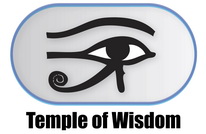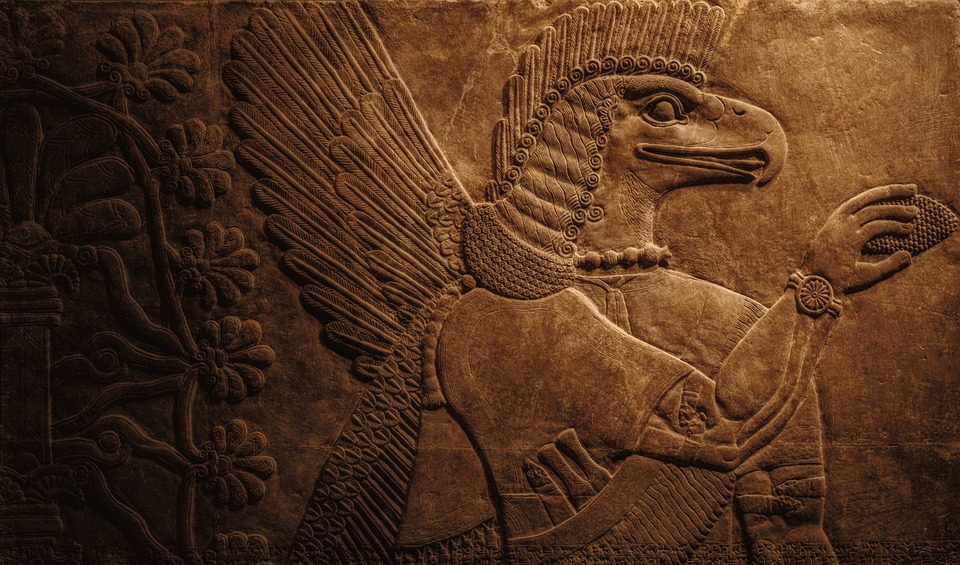
Moses, considered one of the most important figures in Judaism, played a crucial role in the formation and leadership of the Israelite community. According to the Torah and Talmud, Moses disagreed with the Israelites on various issues, and these disagreements had significant impacts on the Israelite community.
One of the main disagreements that Moses had with the Israelites was their lack of faith in God. In the book of Exodus, the Israelites are shown to be constantly complaining and doubting God’s plan, even after witnessing numerous miracles and divine interventions. Moses repeatedly tried to reassure them and remind them of God’s promises, but their doubts and complaints persisted. This lack of faith resulted in God punishing the Israelites, such as when they were forced to wander in the desert for 40 years before entering the promised land.
The Talmud emphasizes the importance of faith in God and highlights the consequences of doubting His plan. It also teaches that Moses’ unwavering faith in God was one of the key reasons for his success as a leader. Therefore, the impact of Moses’ disagreement with the Israelites on this issue was that it ultimately resulted in the Israelites suffering the consequences of their lack of faith.
Another significant disagreement that Moses had with the Israelites was their disobedience of God’s laws. The Israelites were given the Ten Commandments and various other laws, but they often failed to follow them. This disobedience angered God and led to Moses’ frustration with the Israelites. Moses tried to enforce these laws and remind the Israelites of their importance, but they often disregarded his advice.
The Talmud teaches that the laws given to the Israelites were intended to create a just and moral society. It also emphasizes the importance of obedience to these laws and the consequences of disobedience. Therefore, the impact of Moses’ disagreement with the Israelites on this issue was that it resulted in the Israelites facing the consequences of their disobedience and ultimately, their inability to create a just society.
Another area of disagreement between Moses and the Israelites was their desire for physical comforts and material possessions. In the book of Numbers, the Israelites complain about the lack of food and water and express their longing for the comfort of Egypt. Moses tries to remind them of the hardships they faced in Egypt and of God’s promise to lead them to a better land, but their desire for comfort and material possessions persists.
The Talmud teaches that the Israelites’ desire for material possessions was a result of their lack of trust in God. It also emphasizes the importance of avoiding greed and seeking spiritual fulfillment instead. Therefore, the impact of Moses’ disagreement with the Israelites on this issue was that it resulted in the Israelites facing the consequences of their greed and ultimately, their inability to find true fulfillment.
Another significant disagreement that Moses had with the Israelites was their lack of unity and constant infighting. In the book of Numbers, we see that the Israelites were divided into tribes and often had conflicts with one another. This disunity frustrated Moses, who tried to promote cooperation and a sense of common purpose among them.
The Talmud emphasizes the importance of unity and brotherhood among the Jewish people. It teaches that the lack of unity was a major factor in the destruction of the Second Temple and the dispersion of the Jewish people. Therefore, the impact of Moses’ disagreement with the Israelites on this issue was that it ultimately resulted in the Israelites facing the consequences of their disunity.
Overall, Moses’ disagreements with the Israelites had significant impacts on the Israelite community, as seen in the Torah and Talmud. These disagreements ranged from their lack of faith in God to their desire for physical comforts and material possessions, disobedience to God’s laws, and lack of unity. Moses tried to guide the Israelites towards a better path, but their resistance to his guidance resulted in their suffering the consequences of their actions.
One of the most significant impacts of Moses’ disagreements with the Israelites was on their relationship with God. The Israelites’ lack of faith and disobedience to God’s laws created a rift between them and God, leading to punishments such as the destruction of the first and second temples and their exile from the promised land. However, Moses’ leadership and guidance helped to mitigate the severity of these consequences and provided the Israelites with hope for a better future.
Additionally, Moses’ disagreements with the Israelites also had a significant impact on their social and moral development. The laws and teachings he imparted to them helped to shape their society and values, emphasizing the importance of faith, obedience, and unity. The Israelites’ adherence to these values helped them to maintain their identity and survive as a distinct community throughout their tumultuous history.
In conclusion, Moses’ disagreements with the Israelites had significant impacts on their community, as seen in the Torah and Talmud. His guidance and leadership helped to shape their social and moral development, emphasizing the importance of faith, obedience, and unity. However, the Israelites’ resistance to his guidance resulted in their suffering the consequences of their actions, including their estrangement from God and their exile from the promised land. Nevertheless, Moses’ legacy and teachings continue to serve as a guiding light for the Jewish people, inspiring them to strive for a better future and a closer relationship with God.







